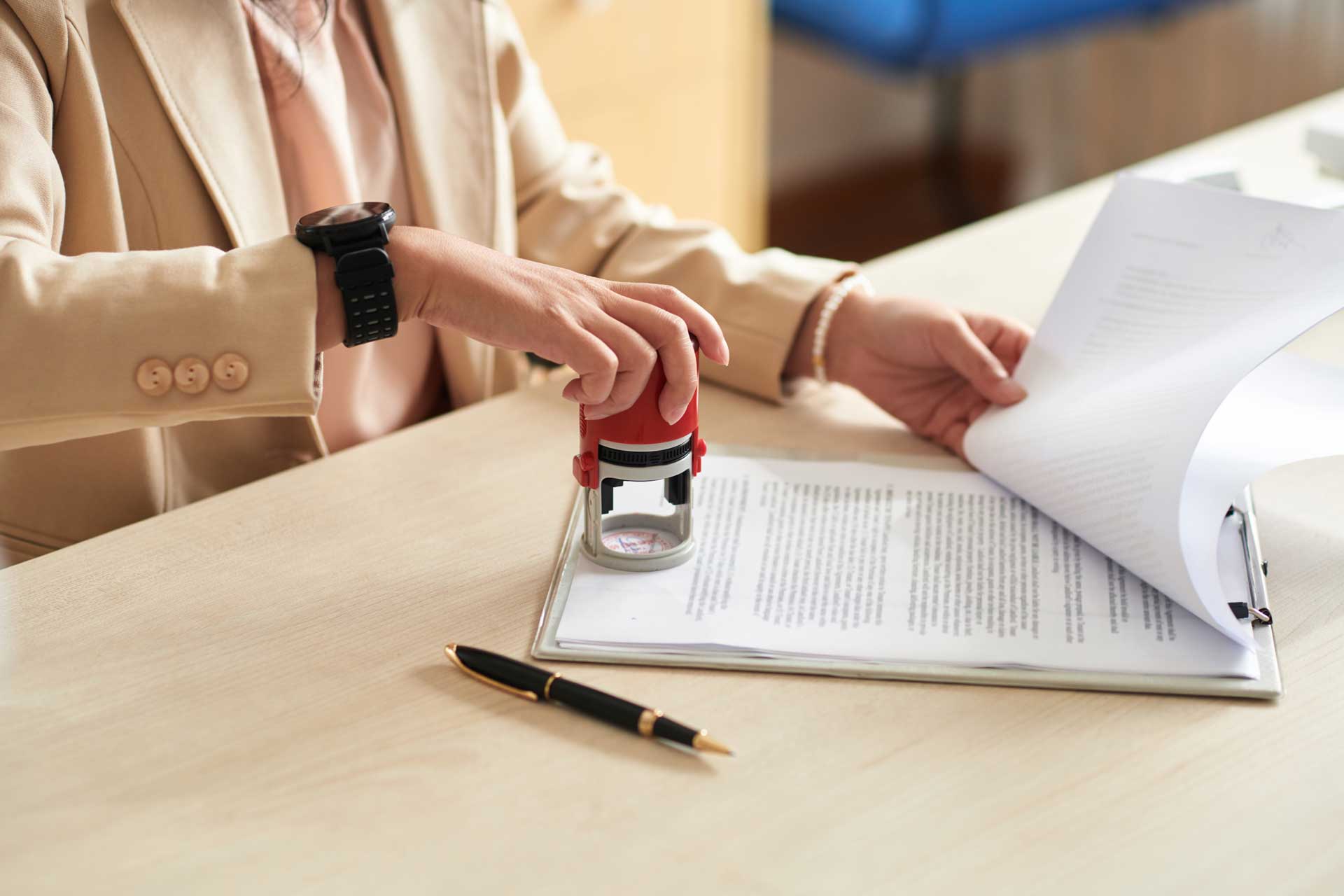
The world is changing rapidly, and so is how we authenticate and manage critical documents. In industries ranging from real estate and law to healthcare and international trade, the need for secure and verifiable documentation has never been greater. Blockchain technology is at the heart of this transformation—an innovation set to redefine the landscape of notarization and document verification.
Traditionally, notarization has relied on physical presence, ink signatures, and paper documents. While effective in the past, these methods are increasingly being challenged by the demands of a digital-first world. Enter blockchain—a powerful tool that can deliver secure, transparent, and tamper-proof solutions for verifying documents.
Whether you’re a seasoned notary, a legal professional, or someone exploring the future of notarization, understanding how blockchain works and how it is changing the field is essential.
To appreciate blockchain’s impact on notarization, it’s essential to understand what it is. Blockchain is a distributed digital ledger—a technology that allows data to be stored across a network of computers in a secure, transparent, and immutable manner.
Every record or “block” is time-stamped, linked to the previous block, and encrypted. This ensures that once information is entered, it cannot be altered without consensus from the network. In simpler terms, it’s like having a digital notary that never sleeps, never forgets, and never alters records.
This presents a revolutionary shift for notaries. Instead of relying solely on physical signatures and centralized databases, notaries can digitally validate documents using blockchain, ensuring greater trust and efficiency in the verification process.
In the traditional system, document verification is manual, time-consuming, and subject to human error. Paper documents can be forged, signatures can be disputed, and administrative delays are common. Blockchain addresses these issues head-on.
Here’s how it works:
This process is fast, secure, and global. For instance, a contract signed in New York can be verified in Helsinki within seconds—without a courier, fax, or follow-up call.
More advanced uses involve smart contracts and self-executing agreements stored on the blockchain. Once specific criteria are met, these can automatically verify conditions and release actions (like payment or access). While notaries are still needed to confirm identity or intent, smart contracts can simplify routine validations.
Blockchain in notarization brings numerous advantages, especially in today’s digital economy. Here are some of the top benefits:
Blockchain uses advanced cryptography, making records virtually tamper-proof. Once a notarization is logged, it cannot be changed or deleted, significantly reducing the risk of fraud.
Blockchain enables real-time access to verification data. Through transparent, immutable records, notaries and clients can track document status and validate history.
With blockchain, there’s no need to print, ship, or manually archive documents. Everything is stored and accessed digitally, saving time and reducing administrative burdens.
Fewer intermediaries, reduced paperwork, and faster processing contribute to lower operational costs. Simplified workflows benefit businesses and notaries alike.
Blockchain provides a complete, traceable audit trail of all notarization events. This is invaluable for legal proceedings, compliance checks, and quality assurance.
In conjunction with Remote Online Notarization (RON) platforms, blockchain allows notaries to offer services across geographical boundaries, expanding client reach and convenience.
From property deeds to medical records and intellectual property rights, blockchain-based notarization is gaining momentum in many sectors.
While blockchain holds transformative potential, there are significant challenges that notaries and policymakers must address:
One of the biggest hurdles is the lack of consistent legislation. Some states and countries recognize blockchain notarizations; others do not. Legal frameworks are still evolving, and this inconsistency can hinder adoption.
Blockchain platforms often require users to understand complex tools or interfaces. For notaries unfamiliar with the technology, a learning curve is inevitable. User-friendly systems and training are essential.
While blockchain’s strength is transparency, privacy must be protected—especially when dealing with sensitive personal or legal documents. Solutions like permissioned blockchains and encryption address this, but they require careful implementation.
Verifying a signer’s identity online is more complicated than checking a driver’s license in person. New methods like biometric authentication and government-backed digital IDs are emerging, but universal standards are still being developed.
The key for notaries is to stay informed and engage with professional organizations that offer guidance, training, and policy updates.
Far from replacing notaries, blockchain empowers them with tools to enhance service quality, expand market reach, and future-proof their careers. The notary of tomorrow will be:
As legal frameworks catch up with innovation, we’ll likely see hybrid systems that combine the trust of human oversight with the efficiency of digital infrastructure.
Forward-thinking notaries are already integrating blockchain-based tools and partnering with platforms that support secure digital verification.
Blockchain is not a distant concept—it’s here and reshaping how we notarize and authenticate documents.
Whether you’re just getting started or looking to modernize your notary practice, staying ahead of the curve is essential. The Notary Public Association is your go-to source for:
Don’t wait for change—become a part of it.
Visit NotaryPublicAssociation.org to access expert resources, join a community of forward-looking professionals, and enroll in courses designed to help you succeed in the digital age of notarization.
Disclaimer: All information provided by Notary Public Association is for educational purposes only and is not intended as legal advice. Notary Public Association makes no representations or warranties as to the accuracy, completeness, or applicability of the information provided and assumes no liability for any actions taken in reliance on it. Always consult a licensed attorney or your local commissioning authority for guidance specific to your notary responsibilities and jurisdiction.
Stay informed with our latest updates, tips, and exclusive offers – subscribe now!